CARCEIT
International Collaborative Education Projects (ICEP1)
International Collaborative Education Projects (ICEP1)
Strengthening Regional Universities in Kazakhstan
RESEARCH TEAM
Principal Investigator (PI): Ahmet Aypay, Professor, NU GSE
Co-Principal Investigator (Co-PI): Aida Sagintayeva, Dean of NU GSE
Co-Principal Investigator (Co-PI): Peter Eckel, Senior Fellow and Director of Leadership Programs, AHEAD at University of Pennsylvania
Researchers:
Alper Çalıkoğlu, Assistant Professor, NU GSE
Matthew Hartley, Deputy Dean and Professor, University of Pennsylvania, Graduate School of Education
Baris Uslu, Associate Professor, Faculty of Education, Çanakkale Onsekiz Mart University, Türkiye
Research Fellow (postdoctoral): Zhadyra Makhmetova
Research Assistants: Danagul Yembergenova, Adiya Ibrayeva, and Ayaulym Duyssembekova
This project aims to conduct a comprehensive analysis of the changing role and influence of regional universities within the framework of recent reforms in the Kazakh higher education system. It explores the evolving dynamics of these universities, closely examining the complex interplay between education, autonomy, and societal impact in Kazakhstan.
Positioned as vital agents of diversity and economic development, regional universities prioritize accessible admissions, facilitating upward mobility for a diverse student cohort. Recent legislative changes have bestowed unprecedented autonomy upon these institutions, necessitating strategic leadership for essential functions such as securing funding, recruiting students, and developing programs. The Minister of Science and Higher Education underscores the pivotal role of regional universities in aligning with economic trends, emphasizing their significance in propelling regional progress.
Within this analytical exploration, the study delves into the leadership's nuanced navigation of competition within the newfound autonomous landscape. It critically examines the strategic dimensions of leadership, probing how regional university leaders adeptly balance local imperatives with national educational objectives. As these institutions evolve into architects of their destinies, understanding the complex interplay of strategy and success becomes imperative in this transformative era of higher education. The study aims to contribute insights into the evolving role and strategic positioning of regional universities as they navigate the challenges and opportunities inherent in their newfound autonomy.
Positioned as vital agents of diversity and economic development, regional universities prioritize accessible admissions, facilitating upward mobility for a diverse student cohort. Recent legislative changes have bestowed unprecedented autonomy upon these institutions, necessitating strategic leadership for essential functions such as securing funding, recruiting students, and developing programs. The Minister of Science and Higher Education underscores the pivotal role of regional universities in aligning with economic trends, emphasizing their significance in propelling regional progress.
Within this analytical exploration, the study delves into the leadership's nuanced navigation of competition within the newfound autonomous landscape. It critically examines the strategic dimensions of leadership, probing how regional university leaders adeptly balance local imperatives with national educational objectives. As these institutions evolve into architects of their destinies, understanding the complex interplay of strategy and success becomes imperative in this transformative era of higher education. The study aims to contribute insights into the evolving role and strategic positioning of regional universities as they navigate the challenges and opportunities inherent in their newfound autonomy.
Lines of Research: We've identified three pivotal lines of research guiding our project's development:
1. Articulation of Strategy: Within the new autonomous context, we're investigating how regional universities shape their strategic directions. By comprehending the priorities and goals these universities set, our aim is to highlight best practices and opportunities for alignment with the needs of their regions.
2. Cultural Norms and Autonomy: Our research also centers on how regional universities are embracing cultural shifts accompanying newfound autonomy. This exploration will pinpoint the challenges and successes linked to adopting new norms, ultimately informing strategies for effective implementation.
3. Civic Responsibilities and Impact: We are examining how regional universities position themselves to fulfill their civic responsibilities, particularly in promoting equity, social justice, and addressing societal issues. Understanding their approaches will offer insights into how these universities can serve as catalysts for positive change within their communities.
1. Articulation of Strategy: Within the new autonomous context, we're investigating how regional universities shape their strategic directions. By comprehending the priorities and goals these universities set, our aim is to highlight best practices and opportunities for alignment with the needs of their regions.
2. Cultural Norms and Autonomy: Our research also centers on how regional universities are embracing cultural shifts accompanying newfound autonomy. This exploration will pinpoint the challenges and successes linked to adopting new norms, ultimately informing strategies for effective implementation.
3. Civic Responsibilities and Impact: We are examining how regional universities position themselves to fulfill their civic responsibilities, particularly in promoting equity, social justice, and addressing societal issues. Understanding their approaches will offer insights into how these universities can serve as catalysts for positive change within their communities.

